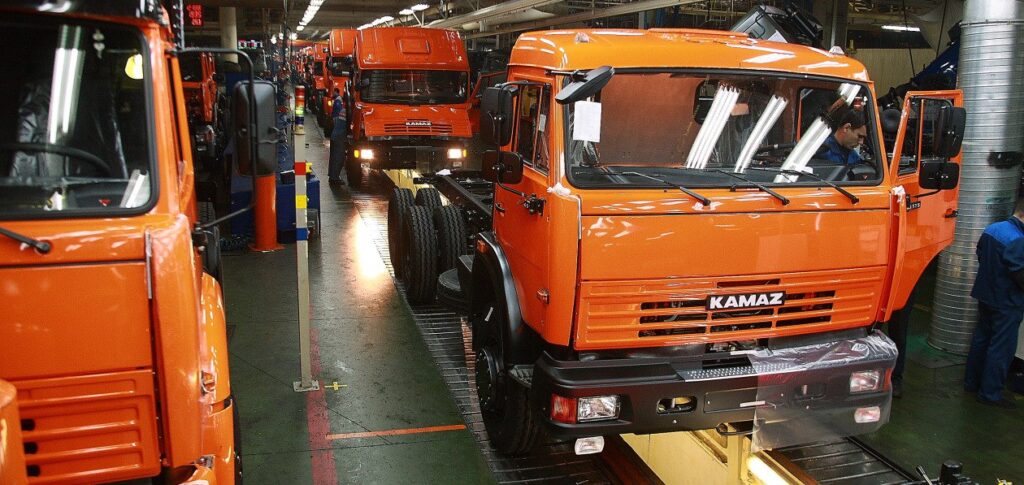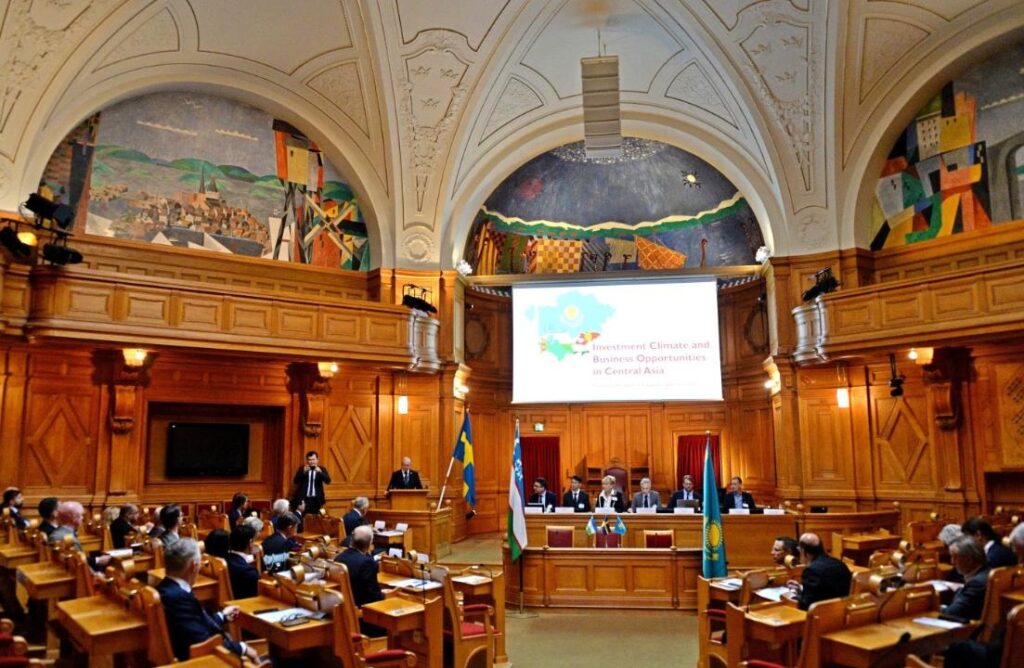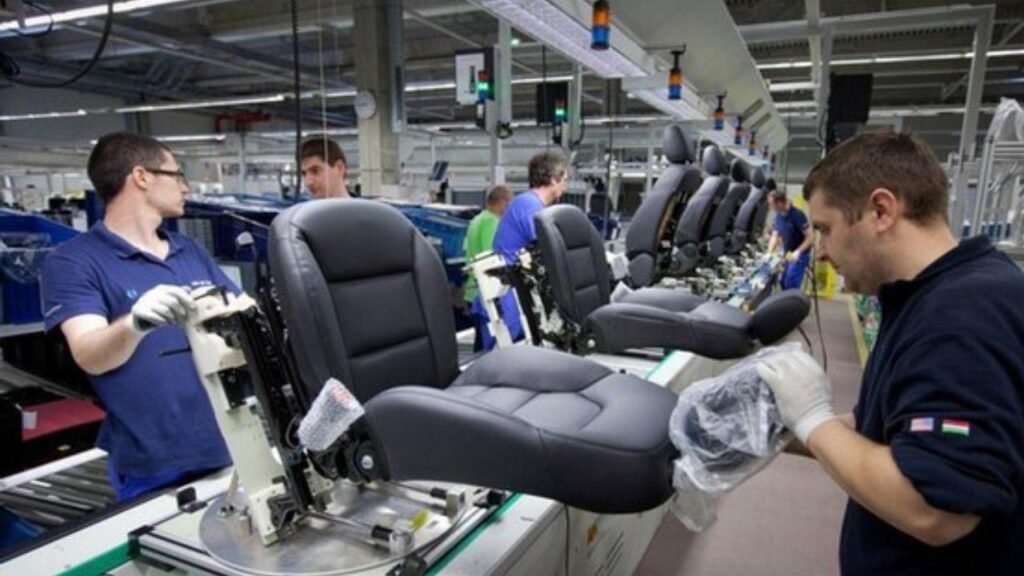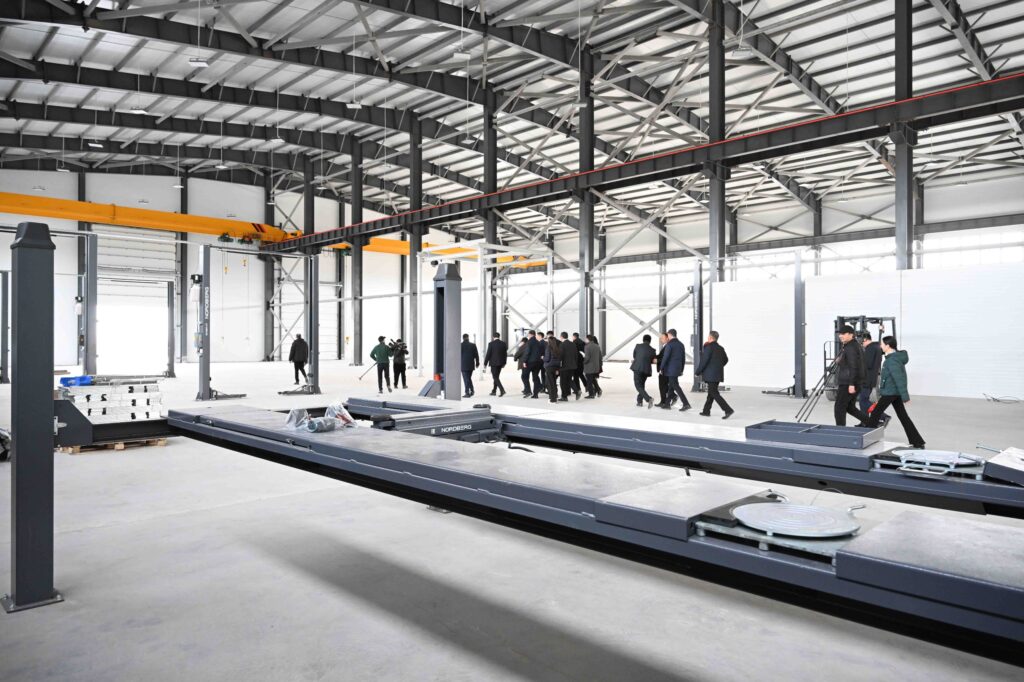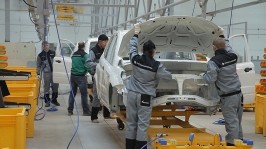Turkmenistan and Tatarstan Discuss Trade and Debt Issues
On August 27, at a meeting of the Turkmenistan-Tatarstan joint working group on trade-economic, scientific-technical, and cultural cooperation in Kazan (Republic of Tatarstan, Russian Federation), it was announced that Turkmenistan and Tatarstan's 's trade turnover has increased by 13.4%, amounting to $52.3 million, largely due to the import of products to Turkmenistan. However, the Turkmen Minister of Finance and Economy, Serdar Joraev, stated that this is still two times lower than 2019's numbers. Deputy Prime Minister and Minister of Industry and Trade of Tatarstan, Oleg Korobchenko confirmed the overall decline in trade turnover, with both parties calling for a joint solution. During the meeting, the participants discussed Turkmenistan's debt, which arose due to problems with inter-bank settlements. Whilst both parties stated that this issue is under control and being resolved with the participation of the Central Banks of Turkmenistan and Russia, the total amount of debt remains unreported. Tatarstan companies in the fields of mechanical engineering and oil refining supply equipment and goods in Turkmenistan. In 2020, 852 Kamaz trucks, the second high-speed A145E marine motor ship, and more than $8 million worth of medicines and medical supplies were delivered to Turkmenistan from Tatarstan.
